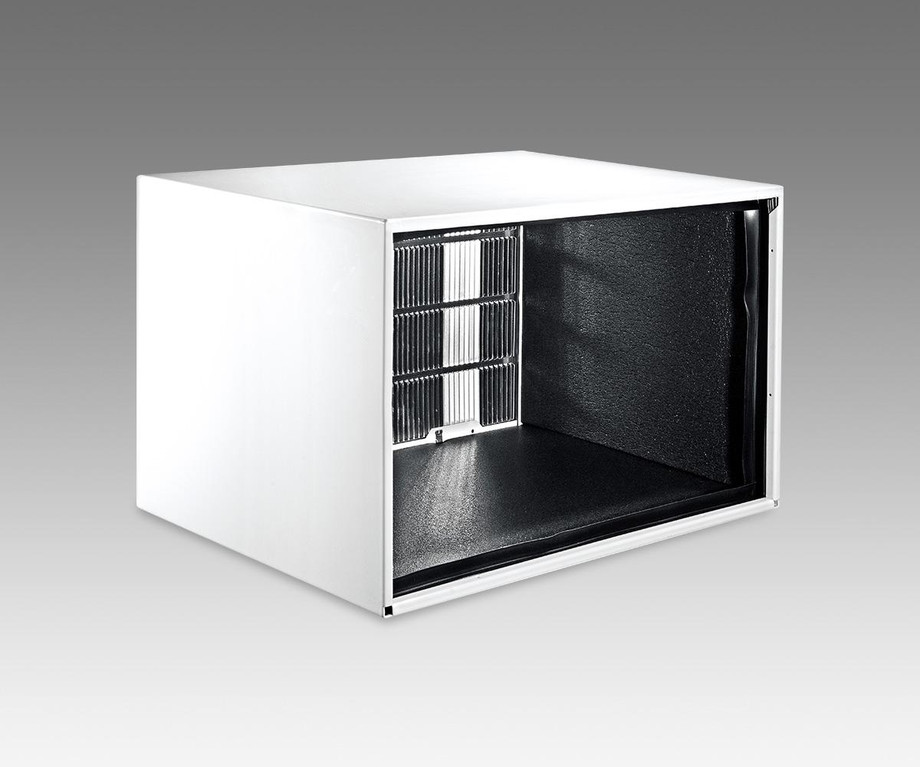For coastal hotels and motels, choosing the best air conditioner is crucial for maintaining a comfortable and inviting environment, particularly in areas with high humidity. Balancing effective cooling with moisture control is essential in these climates, as excess humidity can affect not only guest comfort but also room durability and maintenance needs. Here’s a guide to the best air conditioners for high-humidity locations and how they can benefit hotels and motels situated near the coast.
Why High Humidity Requires Specialized Air Conditioning
In humid environments, the air holds significant moisture, which can impact guest comfort and the hotel’s infrastructure. Without proper dehumidification, rooms may feel warmer than they are, leading to higher cooling demands. Moisture can also damage furniture, lead to mildew growth, and create unpleasant odors. For these reasons, air conditioners in high-humidity locations should have effective moisture management capabilities to keep rooms cool, dry, and welcoming.
Key Features to Look for in Air Conditioners for Humid Environments
Strong Dehumidification Functionality
Dehumidification is one of the most essential features for AC units in humid climates. Look for air conditioners with a high moisture removal rate, measured in pints per hour, to keep the air comfortable and reduce the risk of mold growth. Some units even include specific dehumidify-only modes, allowing them to function effectively during cooler, damp periods when full cooling isn't necessary.
Advanced Inverter Technology
Inverter technology adjusts the compressor speed to the room’s cooling needs, making it ideal for high-humidity environments. By continuously modulating temperature, inverter-equipped ACs avoid sudden stops and starts, allowing for more consistent humidity control. This not only saves on energy costs but also keeps rooms at a steady temperature, enhancing guest comfort.
Anti-Corrosion Features
For properties near the ocean, salt in the air can cause corrosion in air conditioner components. Many air conditioner models designed for coastal or humid environments include anti-corrosion treatments on their coils, protecting them from salty air and increasing their lifespan. Anti-corrosion protection helps keep maintenance costs down and prevents early replacement due to rust or corrosion damage.
High SEER Ratings
Since humidity control is energy-intensive, choosing an AC unit with a high SEER (Seasonal Energy Efficiency Ratio) rating can reduce operational costs. High-SEER air conditioners operate more efficiently, providing necessary dehumidification without excessive energy use. Many units offer energy-saving modes or sensors that optimize cooling based on occupancy, further lowering electricity consumption in unoccupied rooms.
Humidity Sensors and Smart Controls
Advanced units equipped with humidity sensors automatically adjust cooling levels to manage moisture. These smart controls can be particularly useful in hotel settings, as they adapt based on real-time room conditions, delivering optimal performance even in peak humidity. Systems with Wi-Fi connectivity allow remote monitoring and control, which is helpful for managers who want to oversee AC performance from a centralized location.
Top Air Conditioner Types for High-Humidity Coastal Hotels
Ductless Mini-Split Systems
Ductless mini-split systems are highly efficient for managing humidity and temperature in individual rooms. With separate indoor and outdoor units, mini-splits operate quietly and offer flexible installation options. They allow each room’s AC to run independently, perfect for guests who may have different comfort preferences. The dehumidifying capabilities of mini-split systems, paired with inverter technology, make them a top choice for coastal hotels and motels.
Packaged Terminal Air Conditioners
Packaged Terminal Air Conditioners, or PTACs, are another popular choice for hotels. They are compact, wall-mounted units typically installed under windows, offering both heating and cooling options. PTACs are valued for their moisture control and can be outfitted with corrosion-resistant coils, making them suitable for humid, salty environments. Many models come with energy-saving features to optimize cooling based on room occupancy.
Centralized HVAC Systems with Zoning Capability
For larger coastal hotels, centralized HVAC systems with zoning offer effective temperature and humidity management across multiple rooms or floors. Zoning allows for individual control in different areas, making it easy to adjust cooling based on occupancy. This reduces overall energy consumption while providing excellent moisture control, as high-humidity zones can be cooled with more intensity.
Practical Tips for Maintaining ACs in Humid, Coastal Environments
Regular Filter Cleaning
High humidity can cause filters to clog more quickly. Frequent cleaning or replacement keeps air flowing smoothly and prevents mold buildup.
Inspect for Corrosion
Regularly check for corrosion on coils and other components, especially in coastal hotels. Anti-corrosion coatings can wear over time, so regular maintenance is key.
Optimize Dehumidification Settings
Use dehumidification modes on AC units when full cooling isn’t necessary to keep moisture in check without excessive energy use.
Conclusion
For hotels and motels in high-humidity areas, investing in the right air conditioners is essential for maintaining guest comfort and keeping operational costs down. Choosing models with high SEER ratings, inverter technology, and anti-corrosion features ensures reliable performance and durability. With the best air conditioners for high-humidity locations, coastal hotels can offer guests a comfortable, refreshing stay that meets the unique demands of their climate.

